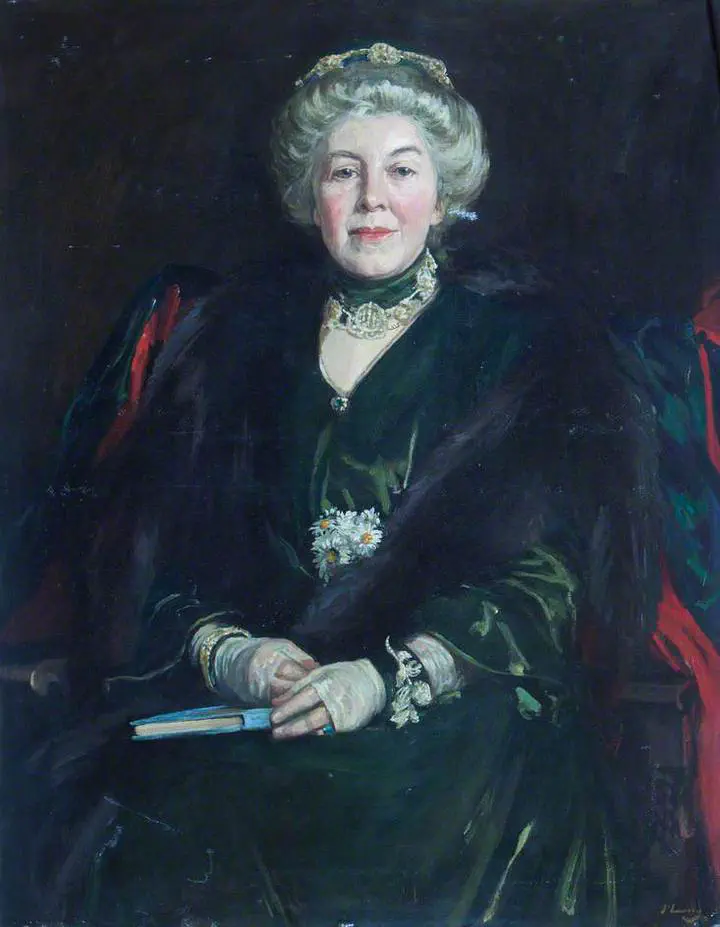E.E.C Jones and British Women Philosophers in an Age of Transition
 John Lavery, Public domain, via Wikimedia Commons
John Lavery, Public domain, via Wikimedia CommonsThe period of emergence and development of early analytical philosophy in the English-speaking world at the end of the 19th century was a phase of profound transformation processes (increasing professionalization, institutionalization and academization of philosophy; intra-disciplinary differentiation and specialization in subfields; the threshold to the development of modern logic; the establishment of the model of a secular philosophical ethics more strongly oriented towards the natural sciences; changing requirements in philosophical teaching; the opening of the university to women). This project examines the role of female philosophers in the founding phase of professional, academic analytical philosophy.
The starting point of the project is one of the first women in professionalized academic philosophy, the philosopher Emily Elisabeth Constance Jones. She is a particularly interesting figure with regard to the above-mentioned lines of development and points of view, but has long been ignored or neglected in the history of philosophy. The recent interest in her work has so far been limited to a small number of researchers and in various respects takes a limited perspective on Jones’ philosophical work. The project
- sheds light on previously neglected parts of Jones’ work on theoretical philosophy,
- recognizes her independent contributions to practical philosophy,
- takes a look at her fundamental philosophical methodology, which has not yet been examined,
- critically examines the extent to which the discussion of Jones’ work to date has applied distorted standards of assessment for philosophical-historical significance and has paid too little attention to the social-institutional framework and conditions of philosophical work,
In this way, a historically informed study of a woman philosopher in the early formative phase of analytic philosophy is intended to invite reflection on the professional self-image and established norms of contemporary academic philosophizing against the background of her own history. At the same time, an exemplary study will add a further building block to the larger framework of a philosophical-historical research perspective on the role of women (and their networks with one another) in the transformation phase of early analytic philosophy. For the relative neglect of Jones is representative of a larger research gap in the history of philosophy: the role of women in the founding phase of professional, academic analytic philosophy. The project will flank recent efforts to systematically close this gap with a more precise investigation of E.E.C. Jones, focusing on the larger context of impact and along the above-mentioned research desiderata.


